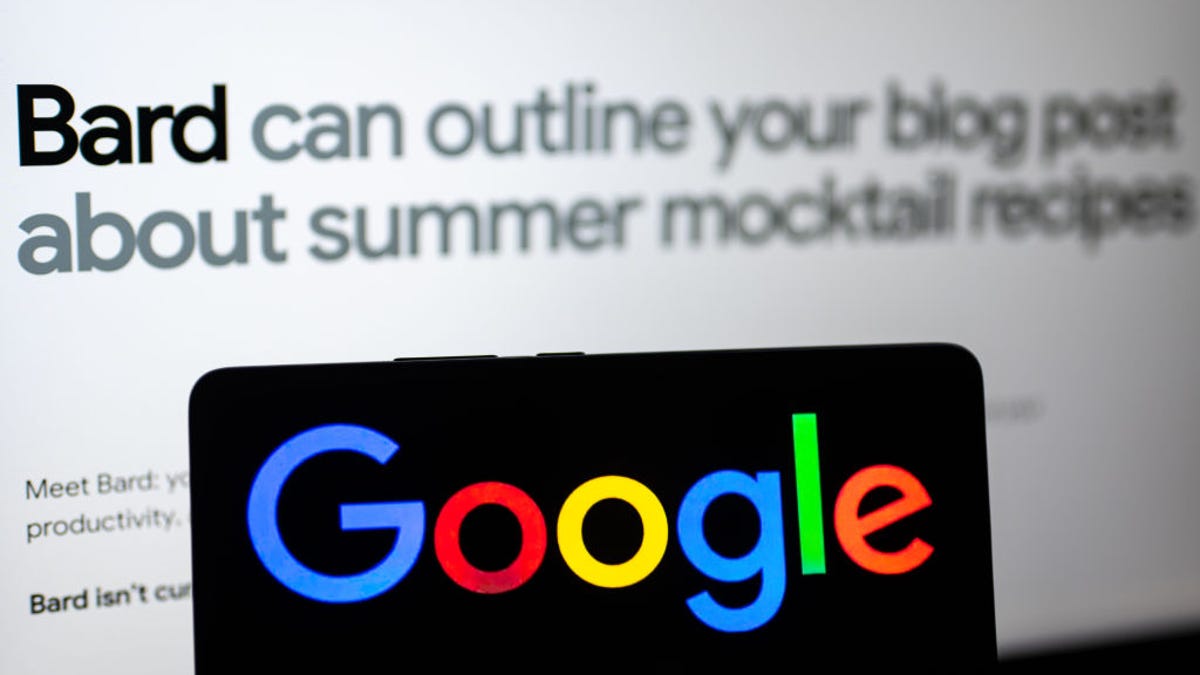Google Will 'Absolutely' Bring AI Chat to Your Searches
Conversational AI is coming to the world's most popular search engine.

New artificial intelligence features are coming to Google Search. In an interview with The Wall Street Journal, CEO Sundar Pichai said advances in conversational AI have the potential to supercharge Google's search engine.
"Will people be able to ask questions to Google and engage with LLMs in the context of search? Absolutely," Pichai told the Journal, referencing the large language models that power AI chatbots.
Google hinted last month at plans to integrate AI into its search engine when it opened up access to Bard, its own AI chatbot that's similar to OpenAI's ChatGPT. For now, Bard is separate from Google Search, with its own website and a waitlist to gain access.
As the world's most popular search engine, Google serves up information and links in response to billions of queries every day. Bringing AI chat to Google Search would make the technology accessible to significantly more people, taking it from the realm of experimental project to everyday tool used to find information.
Google didn't immediately respond to questions on when new AI features would be available in Search.
Google unveiled Bard in February amid a wave of new generative AI tools and services following the rapid rise of ChatGPT late last year. ChatGPT captured imaginations with its ability to give humanlike answers to question, craft oddly specific poems and even write software. By January, ChatGPT was estimated to have reached 100 million active users, making it the fastest-growing web platform ever.
That led to a rush of companies introducing their own AI products, including Microsoft's new Bing search. The new Bing is a major development when compared to Google and other traditional search engines. By incorporating AI, it's able to offer more complex answers and information.
Google is testing several new AI-powered search products, Pichai told the Journal, including ones that would allow people to ask follow-up questions to their original query. Google has also introducted AI features for its Workspace tools including Gmail and Docs.
Editors' note: CNET is using an AI engine to create some personal finance explainers that are edited and fact-checked by our editors. For more, see this post.

